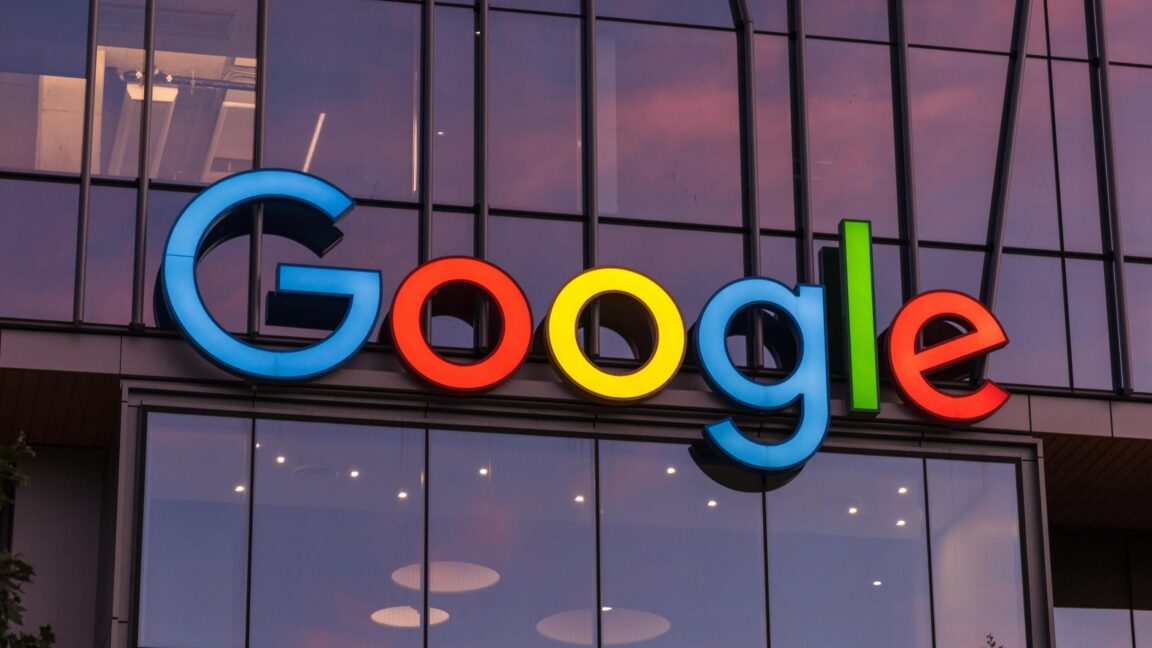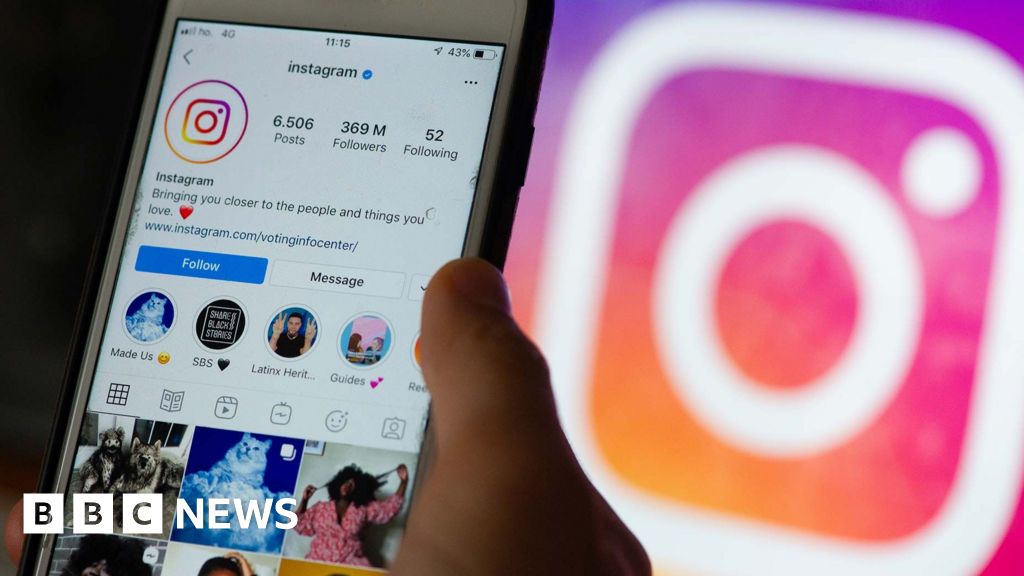Apple in Talks to Use Google's AI for Siri Upgrade

Introduction
In a move to improve Siri's AI capabilities, Apple is reportedly in talks to use Google's Gemini AI for a major revamp of its virtual assistant. This comes after years of lagging behind competitors in the AI space, despite Apple's promise to make Siri more advanced and useful for its users.
Key Details
Google's Gemini AI is known for its advanced natural language processing and contextual understanding, making it a strong rival to Apple's Siri. With this partnership, Apple could potentially enhance Siri's ability to understand and respond to complex user queries, as well as personalize its responses based on user preferences.
Furthermore, this move could have significant implications for the future of voice assistants and the use of AI technology in daily life. It could also open up new opportunities for developers to create more advanced and personalized apps for iOS devices, leveraging the power of Gemini AI.
Impact
If the talks are successful, this partnership could greatly benefit both Apple and Google, as well as their respective users. With Siri being a prominent feature on all Apple devices, an improvement in its AI capabilities could greatly enhance the overall user experience and solidify Apple's position in the competitive tech industry.
As for Google, this could be a major step in expanding its AI offerings beyond its own devices and into the Apple ecosystem. It could also lead to more
About the Organizations Mentioned
Apple
Apple Inc. is a leading American multinational technology company known for pioneering personal computing, mobile devices, and software ecosystems. Founded in 1976 by Steve Jobs and Steve Wozniak, Apple revolutionized technology with the first commercially successful personal computer and mainstream adoption of the graphical user interface (GUI), setting new standards in product design, user experience, and seamless integration across devices[2]. Headquartered in Cupertino, California, Apple’s product lineup includes the iPhone, iPad, Mac computers, Apple Watch, AirPods, and services such as the App Store, Apple Music, and iCloud. The company has built a vast ecosystem that enables third-party developers to expand product functionalities, strengthening its market dominance. Apple is widely recognized for its innovation in hardware, software, and services, with an emphasis on aesthetics and privacy. In 2025, Apple committed to its largest-ever investment initiative, pledging $600 billion over four years in the United States to boost manufacturing, research and development, and advanced technology sectors like artificial intelligence (AI) and silicon engineering[1][3]. This includes new manufacturing facilities, expanded R&D centers, and a program called the American Manufacturing Program (AMP) to encourage domestic production of critical components. These efforts support over 450,000 U.S. jobs and aim to establish a robust supply chain within the country[3]. Financially, Apple remains a powerhouse with a market capitalization of $3.84 trillion and annual revenue exceeding $400 billion. However, in 2025, it faced challenges including a 19% decline in stock value, intensified regulatory scrutiny from the U.S. Department of Justice over antitrust issues, legal disputes related to the App Store, and competitive pressure in AI technology[1][2]. Despite these hurdles, Apple continues to innovate, recently updating its software platforms with a unified "Liquid Glass" design and expanding its AI-driven personal assistant, Apple Intelligence[1]. Under CEO Tim Cook’s leadership, Apple balances technological advancement
Google, a subsidiary of Alphabet Inc., is a global technology leader primarily known for its internet-related products and services, including its dominant search engine, advertising platforms, cloud computing, software, and hardware offerings. Founded in 1998 by Larry Page and Sergey Brin, Google has evolved from a simple search engine into a diversified tech giant with significant influence across multiple sectors[2][8]. The company’s core business revolves around Google Services, which includes Search, YouTube, Android, Chrome, Google Maps, Google Play, and advertising. Its advertising business remains the largest revenue driver, underpinning ambitious investments in emerging technologies such as artificial intelligence (AI) and cloud computing. Google Cloud, a major growth segment, offers infrastructure, platform services, and enterprise tools like Google Workspace, providing AI-powered solutions for data analytics, cybersecurity, and collaboration[2]. Google has consistently pioneered innovations in AI, demonstrated recently at Google I/O 2025, where it showcased advances in AI-powered search and personalization, emphasizing local discovery and smarter user experiences. AI integration also reshapes local business visibility through enhancements in the Google Business Profile, enabling businesses to better engage customers with AI-driven communication and search optimization[3][5][6]. Financially, Alphabet crossed a landmark $3 trillion market capitalization in September 2025, joining a select group of tech giants due to robust revenue growth driven by AI, resilient advertising, and expanding cloud services. This milestone reflects Google’s strategic balance between its dominant ads engine and scaling innovative bets[1]. Culturally, Google in 2025 maintains its commitment to innovation, openness, and user focus while adapting to business realities. It remains a top employer, known for fostering employee empowerment and evolving workplace policies to attract and retain talent, marking its maturity as a global tech leader with over 150,000 employees[4]. In summary, Google represents a transformative force in technology and business, blending AI-driven innovation, dominant market presence, and cultural adaptability to shap















